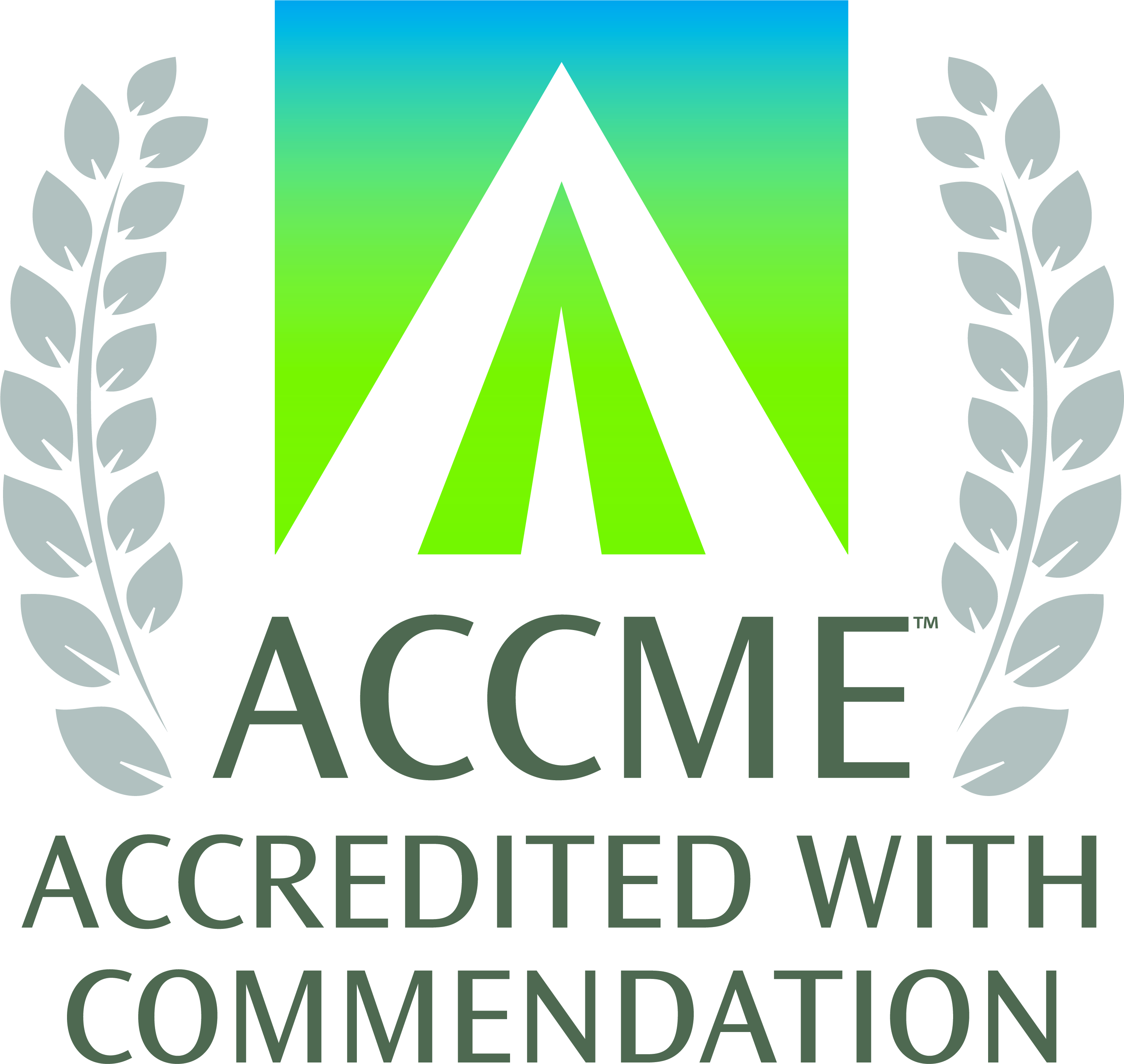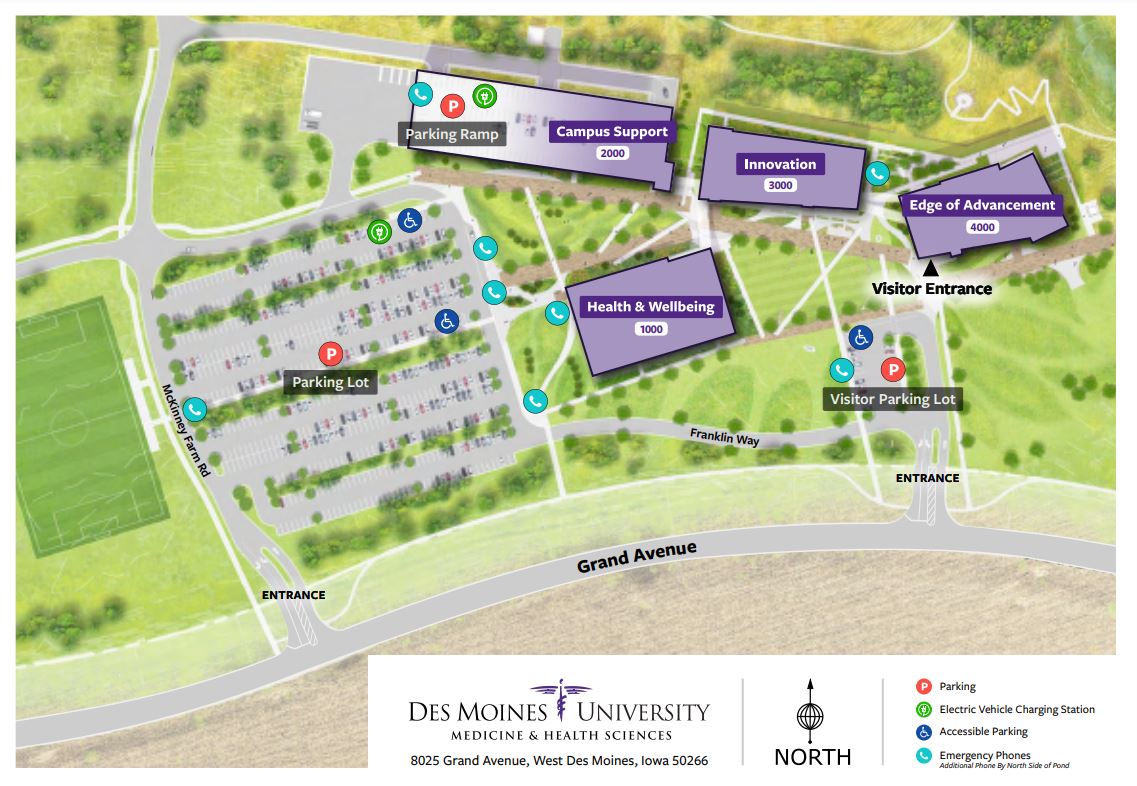Past and Present Health Challenges Facing Intersex and Transgender Patients

| Registration |
|---|
Two attendance options:
|
Target Audience
Healthcare professionals.
Description
Intersex and transgender individuals have historically faced significant health challenges due to both biological realities and societal misconceptions about sex and gender.
Sex is traditionally understood as a binary concept - male and female - defined by chromosomal patterns (XX or XY), reproductive anatomy, and secondary sexual characteristics. However, biological sex is more complex than this binary framework suggests. Intersex individuals are born with variations in sex characteristics that do not fit typical definitions of male or female, such as differences in chromosomes, hormone levels, or reproductive anatomy. These natural variations challenge the notion of a strict binary classification of sex.
Despite these biological realities, medical and societal systems have often imposed rigid definitions of sex, leading to significant challenges for both intersex and transgender communities. Intersex individuals frequently experience non-consensual medical interventions, such as surgeries to "normalize" their anatomy in infancy or childhood, which can result in long-term physical and psychological harm. Transgender individuals whose gender identity does not align with their sex assigned at birth often face barriers to gender-affirming healthcare, including legal restrictions, discrimination, and lack of provider knowledge.
Both groups experience health disparities due to the persistence of outdated medical models that fail to recognize the natural diversity of sex and gender. These disparities include higher rates of mental health issues, inadequate access to care, and social stigma that contributes to poorer health outcomes. Addressing these challenges requires a shift toward more inclusive and evidence-based healthcare practices that respect biological diversity and prioritize patient autonomy.
Learning Objectives
- Identify biological realities of sex.
- Identify the nonbinary nature of sex.
- Identify challenges faced by intersex and trans communities based on biological inaccuracies.
Speakers
Julie Meachen, PhD
Professor, Anatomy, Des Moines University Medicine and Health Sciences
Caroline VanSickle, PhD
Associate Professor, Anatomy, Des Moines University Medicine and Health Sciences
Des Moines University’s new campus, located at 8025 Grand Avenue in West Des Moines, Iowa, offers an impressive 88 acres, providing ample space for growth and innovation. State-of-the-art facilities cater to the evolving needs of students and faculty, fostering an exceptional learning and research environment. The campus offers a perfect blend of academic excellence and access to the thriving community of Greater Des Moines, including cultural attractions, dining, and entertainment options.
Accreditation Statements
- MD: This activity has been planned and implemented in accordance with the accreditation requirements and policies of the Iowa Medical Society (IMS). Des Moines University Medicine and Health Sciences (DMU) is accredited by the IMS to provide continuing medical education for physicians. DMU designates this live activity for 1.0 AMA PRA Category 1 Credit(s)™. Physicians should claim only the credit commensurate with the extent of their participation in the activity.
- DO: Des Moines University Medicine and Health Sciences (DMU) is accredited by the American Osteopathic Association (AOA) to provide osteopathic continuing medical education for physicians. DMU designates this activity for a maximum of 1.0 AOA Category 1-A credits and will report CME and specialty credits commensurate with the extent of the physician’s participation in this activity.
- Nurse: Des Moines University Medicine and Health Sciences is Iowa Board of Nursing approved provider #112. This activity has been reviewed and approved for 1.0 continuing education contact hour(s). No partial credit is awarded.
- Other healthcare providers: This activity is designated for 1.0 AMA PRA Category 1 Credit(s)™.
 |  |
Educational Grants
No ineligible company provided financial support for this continuing education activity.
Disclosure
The speaker(s) will disclose if any pharmaceuticals, medical procedures, or devices discussed are investigational or unapproved for use by the U.S. Food and Drug Administration (FDA). The activity director is responsible for determining educational content and selecting speakers.
Relevant to the content of this educational activity, the following individual(s) have no conflict(s) with ineligible companies to disclose.
- Rachel Blindell - Planning Committee Member
- Mallory Britz - Planning Committee Member
- Matthew Christensen - Planning Committee Member
- Katherine Hadley - Planning Committee Member
- Helena Mica, PhD - Activity Director and Planning Committee Member
- Hayden Oyler - Planning Committee Member
- Brooke Pierce - Planning Committee Member
- Kimberly Ramos - Planning Committee Member
- James Sizer, M.Ed - Activity Director and Planning Committee Member
- Subeksha Sharma - Planning Committee Member
- Madeline Westendorp - Planning Committee Member
- Julie Meachen, PhD - Speaker
- Caroline VanSickle, PhD - Speaker
Disclaimer
The information provided in this activity is for continuing education purposes only. It is not a substitute for a healthcare provider's independent medical judgment regarding diagnostic and treatment options for a specific patient's medical condition.
Available Credit
- 1.00 AMA PRA Category 1 Credits™
- 1.00 AOA Category 1A
- 1.00 CE Contact Hour(s)
Price
There is no cost to attend.
Two attendance options:
- Des Moines University - No registration is necessary to attend on-site.
- Online - Register through Zoom.

 Facebook
Facebook X
X LinkedIn
LinkedIn Forward
Forward


